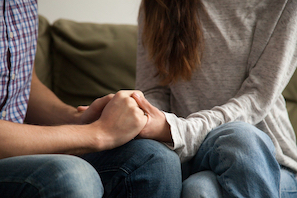- Binge eating is often the result of a poor ability to cope with emotional distress and affects both men and women at almost any age.
- Comfort foods or foods that bring on feelings of satisfaction or satiety are commonly eaten during a binge. Usually these foods are high in carbohydrates.
- Binge eating can have serious medical implications. Eating large quantities in a short period of time can case dangerous gastric, intestinal and digestive.
Showing closest practices to
No location selected
Practices within 5km
Practices within 10km
Practices within 20km
15 min drive
45 min drive
1.5 hr drive
Not found in your area
Bella Vista
Q Central Building, Suite 208A, 10 Norbrik Drive
Bella Vista NSW 2153
T:(02) 8820 0717
View details
Bella Vista NSW 2153



































